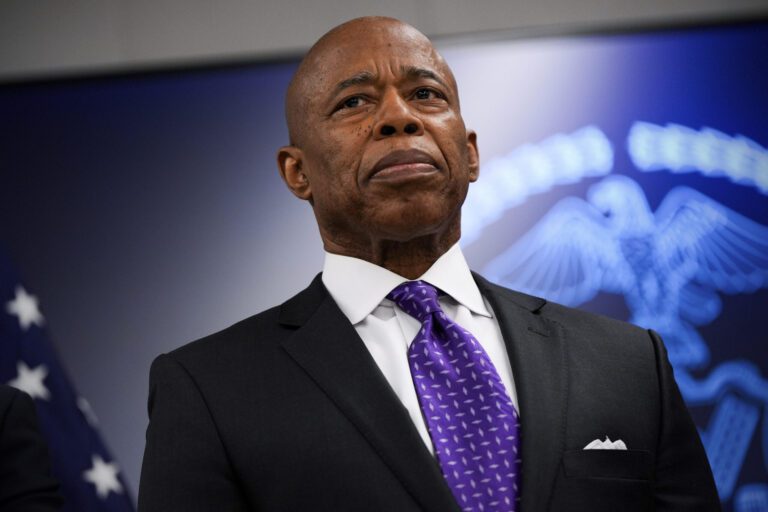Concerns Rise as Zohran Mamdani Claims Democratic Primary Victory
Moderate Democrats, business leaders, and Republicans are increasingly worried about the implications of Zohran Mamdani’s unexpected win in the Democratic mayoral primary. The 33-year-old state assemblyman, backed by the Democratic Socialists of America, is perceived as a significant threat, prompting these groups to strategize on how to prevent his ascent to Gracie Mansion.
The Political Landscape: Who’s in the Race?
Mamdani’s primary victory over former New York Governor Andrew Cuomo has left many political stakeholders in a state of shock. His supporters claim his vision for New York City includes free public transportation, childcare, rent freezes, and the establishment of city-owned grocery stores. These positions are attractive to a wide array of voters but are seen as radical by many moderate insiders.
Key Candidates in the General Election:
- Zohran Mamdani: Running on Democratic and Working Families Party lines.
- Eric Adams: The current mayor, running for re-election on independent lines he created.
- Curtis Sliwa: The Republican candidate and founder of the Guardian Angels.
- Jim Walden: Running as an independent.
Potentially complicating matters further, Cuomo has hinted at a run on his independent line named “Fight and Deliver.”
The Strategy Against Mamdani
Concerned about Mamdani’s platform, insiders believe that the only way to counter his momentum is to consolidate support behind a single candidate. As grocery store magnate and former Republican mayoral candidate Jon Catsimatidis suggested, "The horse they’re going to back is Eric Adams." He emphasized that Adams has the backing of the White House and is committed to cleaner streets.
Key Strategies Discussed:
- Consolidate support around a single candidate.
- Increase financial backing for Eric Adams.
- Engage with Curtis Sliwa to discuss potential withdrawal from the race.
The Impact of Voter Sentiment
Mamdani received over 432,305 first-round votes in the Democratic primary, which positions him favorably heading into the general election. With the 2021 mayoral election having a total turnout of 1.1 million, Mamdani’s early advantage could be vital, especially if turnout remains consistent.
Political Concerns from Within the Party
Not all members of the Democratic Party are thrilled with Mamdani’s victory. Long Island Congressman Tom Suozzi expressed his previous concerns about Mamdani’s beliefs, particularly regarding police funding and alleged antisemitic remarks. He stated, "Those concerns remain." Similarly, Senate Minority Leader Chuck Schumer commended Mamdani’s campaign but withheld endorsement, signaling division within the ranks.
Highlights from Other Democratic Responses:
- Laura Gillen, another New York Democratic Congress member, has labeled Mamdani "too extreme to lead New York City."
- A hedge fund billionaire has expressed concerns about the prospects of the race after Mamdani’s surprising win.
What’s Next?
As the general election approaches in November, the pressure is mounting for multiple factions to rally around a single candidate. The possibility of an alliance between Adams and Sliwa could reshape the dynamics of the race. Independent polling indicates that if the two were to collaborate, they could adequately challenge Mamdani’s growing support.
Potential Collaborative Strategies:
- Polling Data: Analyze upcoming polls to gauge voter sentiment.
- Candidate Forums: Organize events to discuss approaches to unify against Mamdani.
- Voter Outreach: Engaging undecided voters remains crucial for success.
Conclusion: A City at a Crossroads
With Zohran Mamdani shaking up the political landscape in New York City, all eyes will be on how major players maneuver in these upcoming months. The challenges ahead require strategic alignment among Democrats and Republicans alike as they strive to navigate a rapidly shifting political environment. As concerns mount over Mamdani’s policies, the race is set to be one of the most fiercely contested in recent history—forcing all candidates to define what leadership means for New York City.
For further reading on the implications of this primary, visit The New York Times and Politico.


